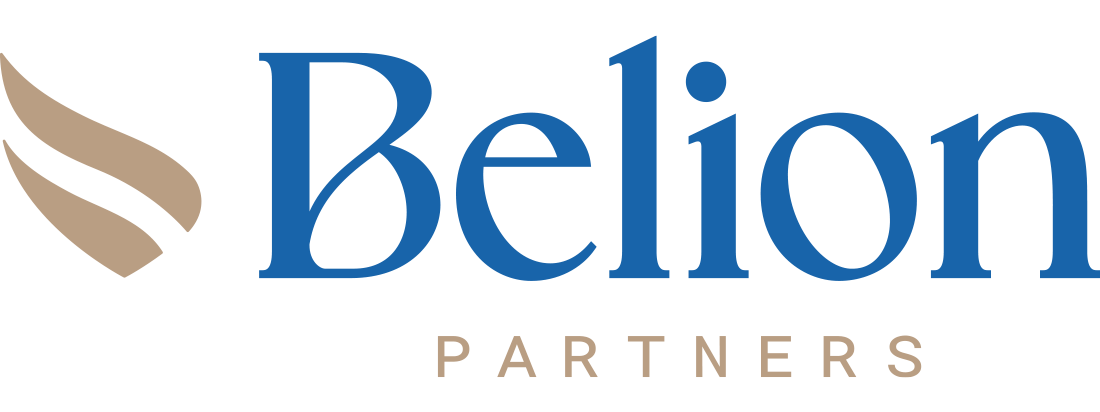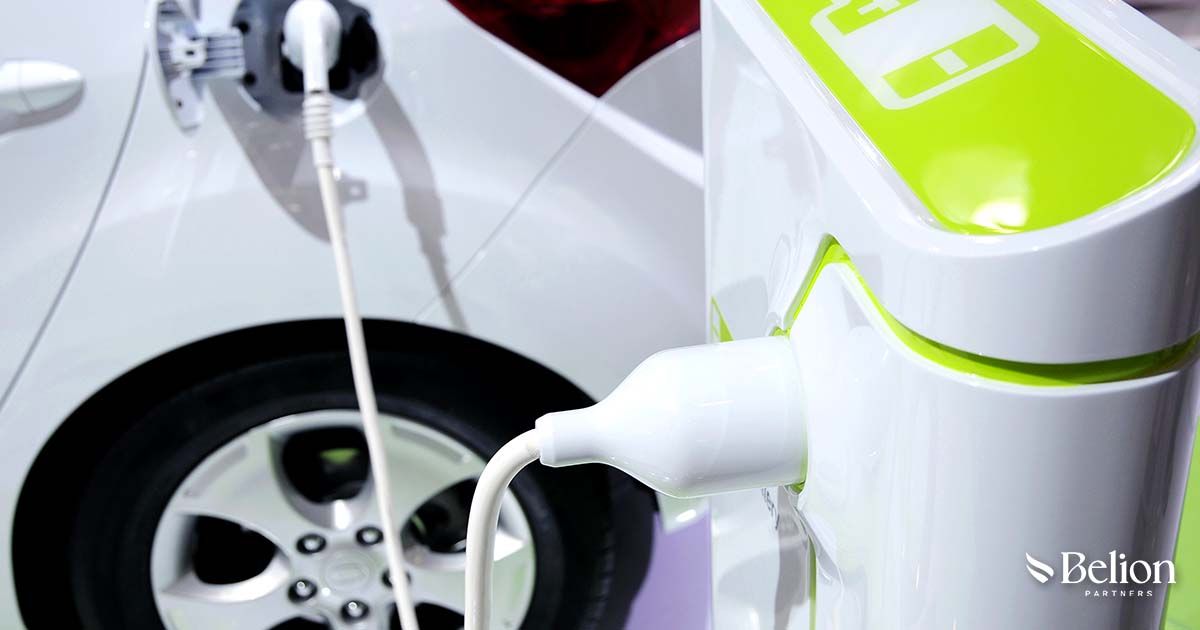Growth of English Bilingual Education in Portugal
Introduction to Bilingual Education
Bilingual education offers numerous benefits to learners. These advantages include enhanced cognitive development and improved academic performance. Furthermore, in our globalised world, fluency in at least two languages is essential for becoming a global citizen, making bilingual education increasingly valuable.
With this perspective in mind, the Portuguese Ministry of Education, through the General Education Directorate (Direção Geral de Educação – DGE), has implemented an English Teaching programme in collaboration with the British Council Portugal.
The PEBI Programme in Portugal
The Programa Escolas Bilingues/Bilingual School Programme (PEBI) began in the 2016/2017 school year. It continues the work of a previous project, Projeto Ensino Bilingue Precoce/Bilingual School Project, which ran from 2011 to 2015. The programme is designed for preschool children and students from 1st to 9th grade.
Implementation Across Education Levels
Regarding kids in preschool education, the PEBI aims to introduce children to English through natural integration in daily and playful activities for at least 5 hours per week. The goal is for preschool children to learn English naturally and fluidly as they learn their mother tongue, in this case, Portuguese.
In the primary cycle, the approach shifts slightly. At this stage, the students engage in English for seven hours weekly. Subjects partially taught in English include environmental studies, artistic education, and physical education.
In the second and third cycles, students engage with the English language for nine to eleven hours weekly, a substantial rise compared to the previous cycles. This includes a variety of subjects beyond English, such as history, geography, maths, information and communications technology, visual education, physical education, music education, and more.
Current Reach and Future Goals
The PEBI programme currently serves 4,600 students across Portugal, spanning 38 schools and educational clusters (Agrupamentos Escolares). Specifically, it includes 32 public educational clusters and 6 private schools, distributed throughout nearly every region of the country, with a significant presence in the northern areas and major cities like Lisbon and Porto. Additionally, the programme extends internationally, being implemented in a Portuguese school in Mozambique, an African country where Portuguese is the official language.
Looking at the broader landscape of Portuguese public education, there are around 800 educational clusters and non-grouped schools across the country. Currently, the PEBI programme is present in less than 5% of these public education infrastructures. The goal for 2025 is to expand this reach to 7% of Portuguese public education institutions, thereby enhancing the programme's coverage by an additional 2 percentage points.
The significance of the PEBI programme is amplified by the growing number of foreign residents in Portugal, which is reflected in the rising percentage of students who do not speak Portuguese as their mother tongue. Recent data shows that approximately 10% of students in the Portuguese school system fall into this category.
With this programme, the Portuguese educational framework fosters a safe and inclusive environment for all who choose to live in this progressive country. Moreover, the global benefits of studying in Portugal under this programme contribute significantly to the success of students once they learn in a bilingual environment.
For families considering a
move to Portugal to take advantage of this progressive education system, expert assistance can be invaluable. Belion Partners specialises in guiding families through the intricacies of Portuguese immigration policies and visas, including the D7 visa. Our range of
complementary services ensures a smooth transition for those looking to benefit from Portugal's innovative approach to education.
Contact us, and let us provide the support you need.




